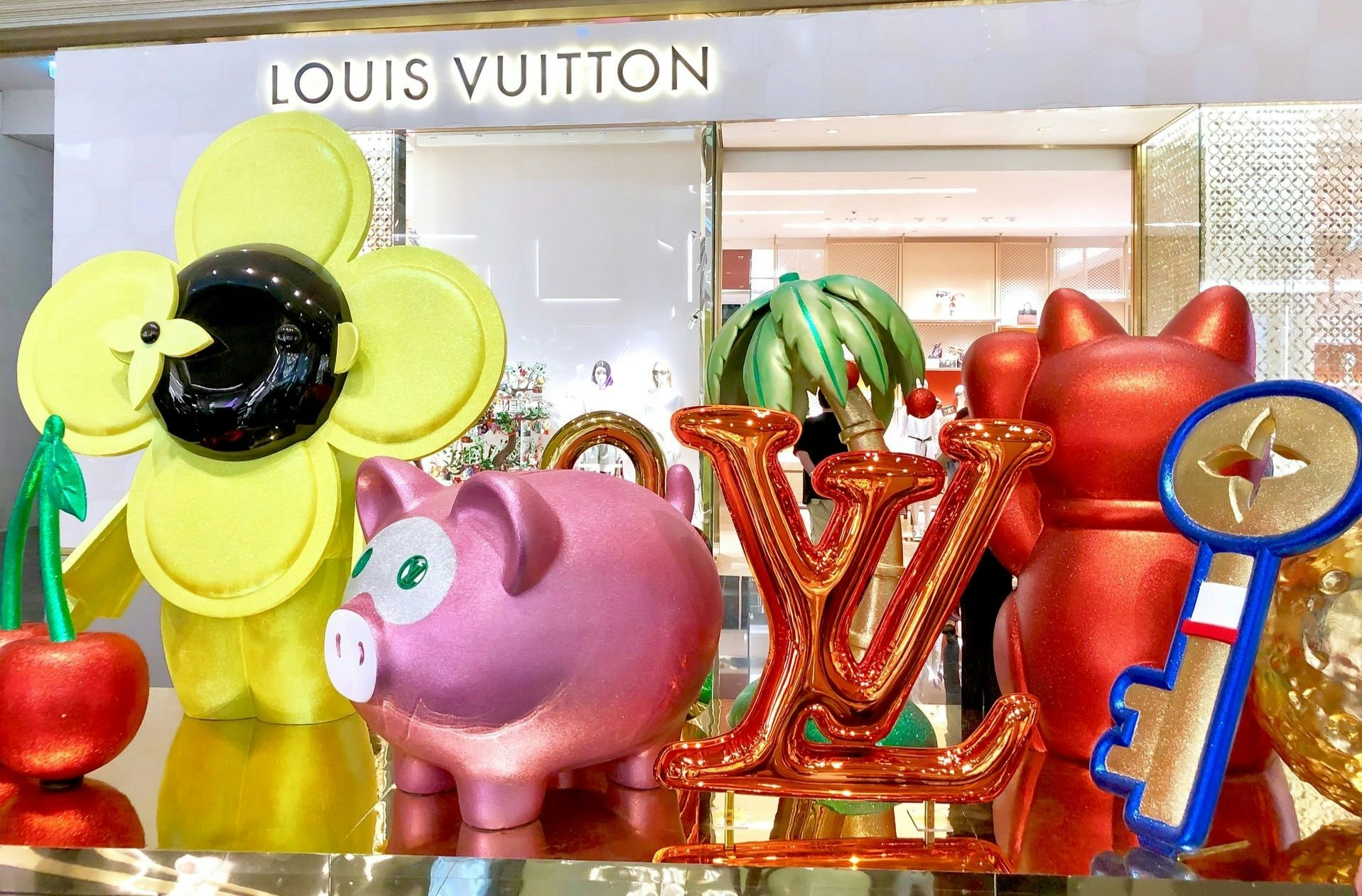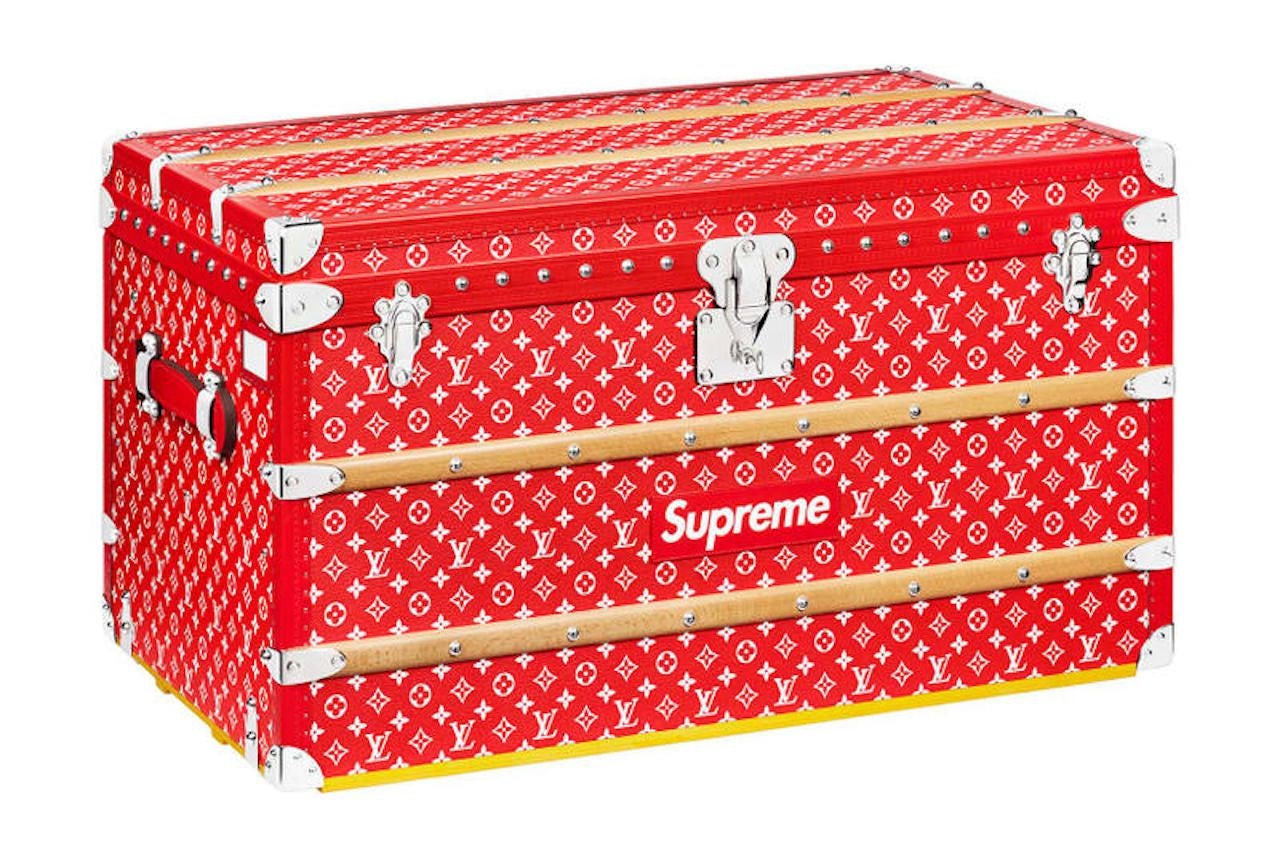Luxury stock investors held their collective breath as the world’s largest luxury player unveiled their earnings for last year -- a year dominated by news about lagging luxury sales at overseas destinations by wealthy Chinese tourists.
After last week’s mixed news about Burberry’s results and some surprisingly positive Chinese tourist sales data, industry players hoped for some positive news from French luxury behemoth LVMH Moët Hennessy Louis Vuitton (LVMH) as it released its fourth quarter and full-year 2018 financial results on Tuesday after the market closed in Paris.
The company reported that full-year revenue increased by 10 percent year-on-year to 53.48 billion (€46.8 billion). For the fourth quarter, it recorded 9 percent year-on-year growth in revenue to 15.646 billion (€13.697 billion), a number that was slightly below the consensus forecast compiled by FactSet.
LVMH attributed 29 percent of its 2018 revenue to the Asian market (excluding Japan), which is only matched by all of Europe. The company saw no changes in Chinese customer demand between the third and fourth quarters, but also no slowdown toward the end of the year. The demand in China in 2018 could be attributed to the company lowering prices to more closely match those in other countries. Results were also affected by LVMH adding Christian Dior Couture to their Fashion and Leather Goods sector, the company buying the hotel operator Belmond in December, and the Yellow Vest political protests in France.
LVMH’s 2018 net profit increased 18 percent from the previous year to 7.256 billion (€6.354 billion). Analysts had expected full-year net profit to rise to €6.47 billion from €5.13 billion in 2017, according to consensus estimates from FactSet.
On top of that, LVMH has seen a positive start to 2019, according to information provided during the earnings call, though no specific figures were provided. The company is, however, cautious about the economic situation over the next few years, stating that a recession would likely affect its sales. “That [recession] trend will come to Europe in 2020 or 2021,” said Bernard Arnault, chairman and chief executive officer of LVMH, during the conference call. “There will be a similar phenomenon in Europe as we are seeing in the United States now.”
The company maintained strong confidence in the future growth of Louis Vuitton -- the most important brand in its portfolio. Arnault mentioned the desirability of the Vuitton brand, stating that it remained high across all markets thanks to the quality products and designs brought in by womenswear designer Nicolas Ghesquière and menswear designer Virgil Abloh. The company is also planning a few more store openings for the brand at locations around the world, like Sydney, Osaka, and London, over the coming quarters.
2018 also saw LVMH integrate Christian Dior Couture business into its Fashion and Leather Goods segment for the first time. This addition made a positive contribution of 3 percentage points to the segment's revenue growth. In addition, the company noted that Hennessy cognac saw “strong momentum” in China during 2018 and predicted it will soon become the world’s no. 1 spirit brand. LVMH's Dom Perignon Champagne was also a popular purchase in China during the year.
HSBC analysts predicted prior to the earnings release that there is growth potential in the company's Bvlgari jewelry brand, as that industry segment is just starting to grow in China.
Like other luxury brands that have lamented the lack of retail spending by Chinese tourists abroad, LVMH might have to rely more on sales inside mainland China. Even retailers in Hong Kong, such as cosmetics seller Sa Sa International Holdings Ltd. and jewelry retailer Chow Tai Fook Jewellery Group Ltd., have seen sales grow minimally despite improved transportation links with the mainland.
The company’s stock closed up 0.43 percent at €259.75 prior to the earnings release on January 29th.
Additional reporting by Yiling Pan

